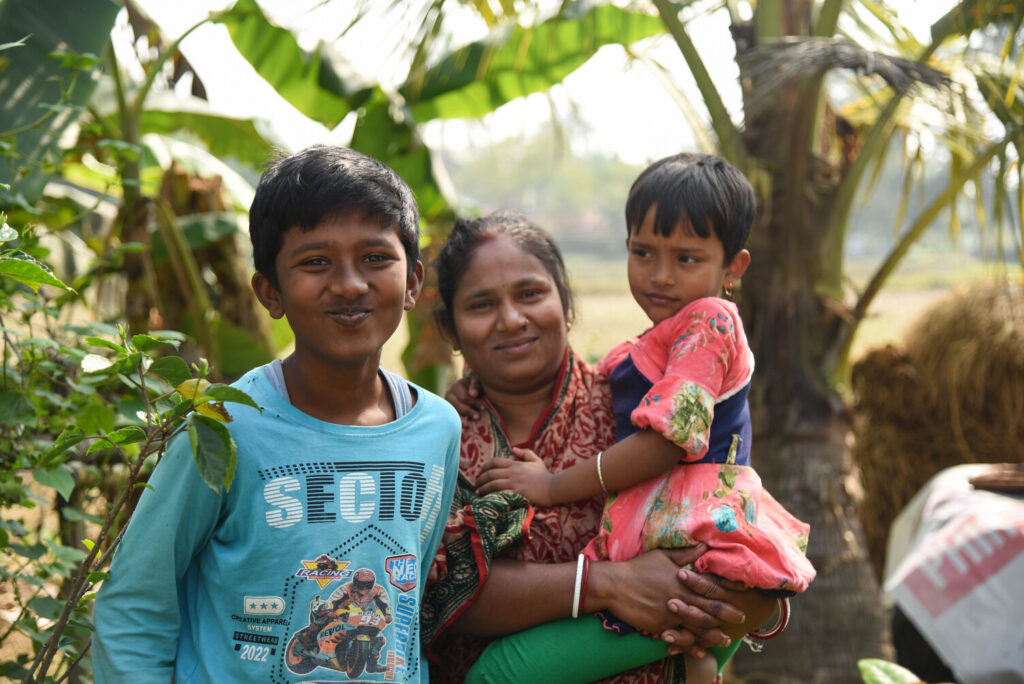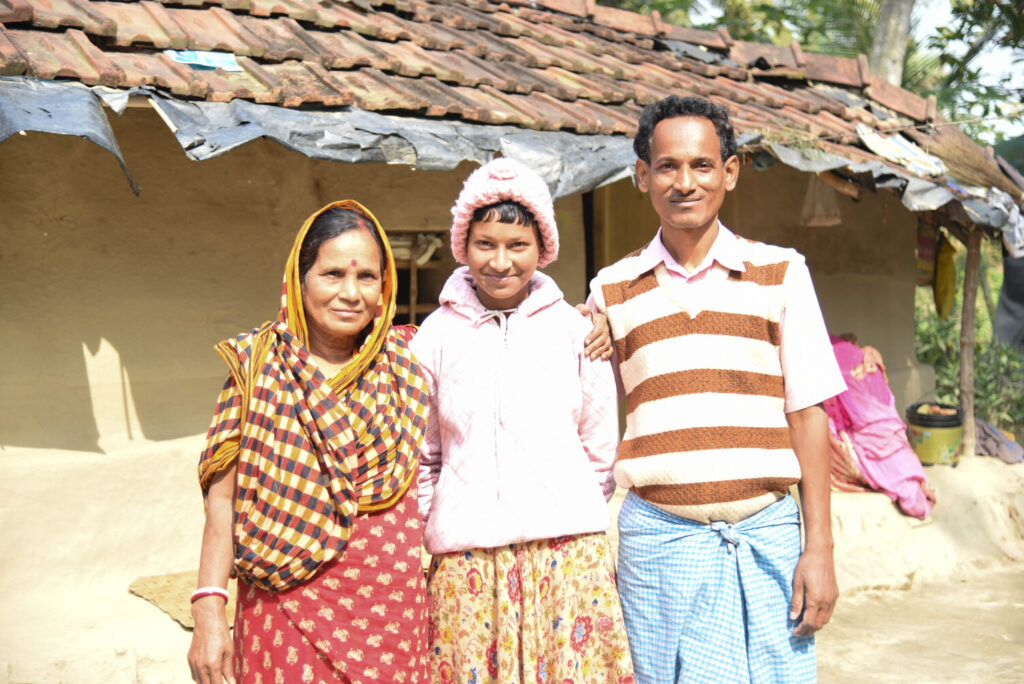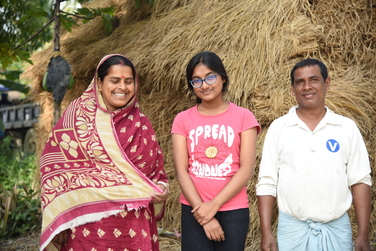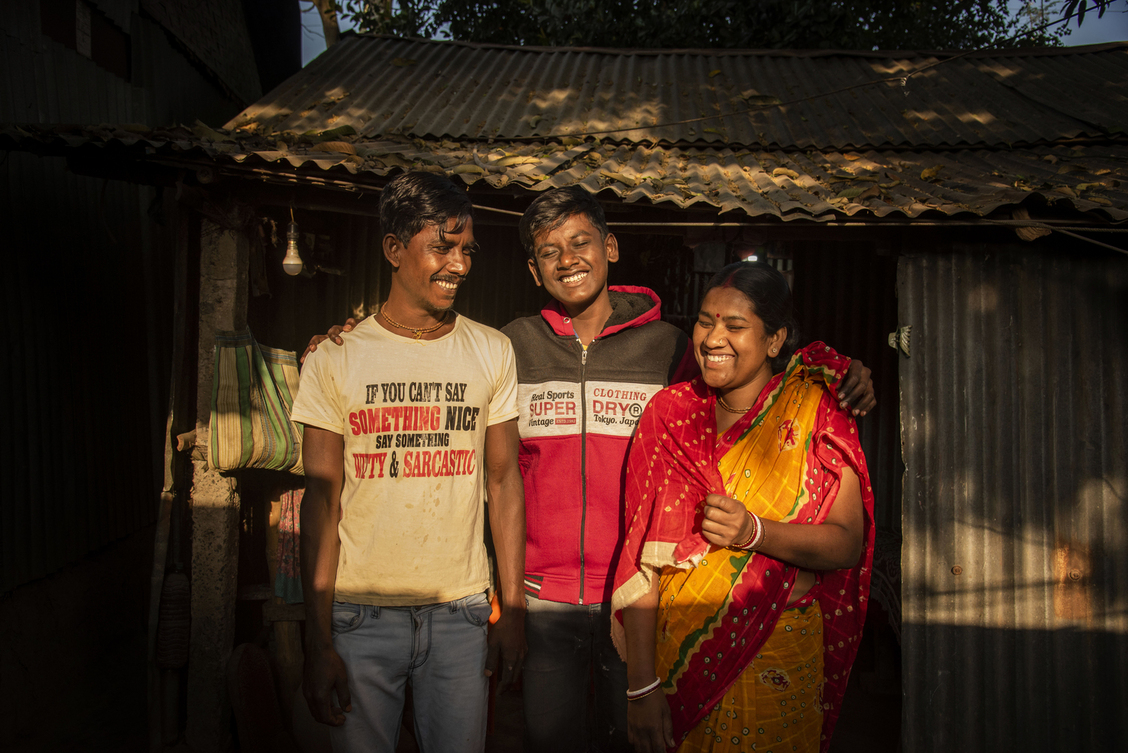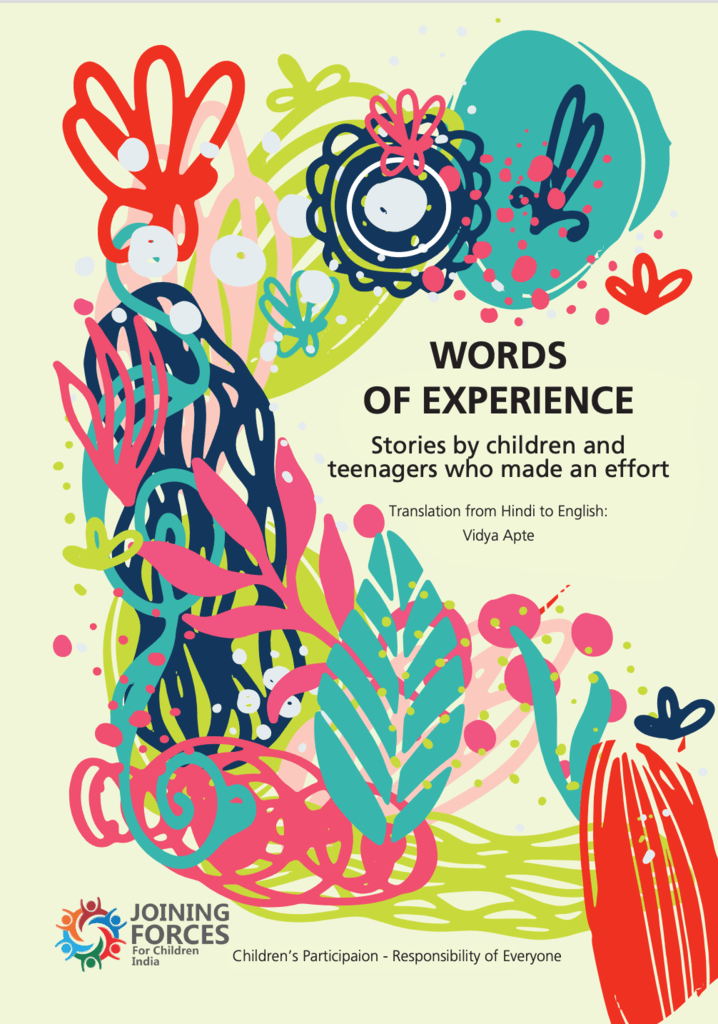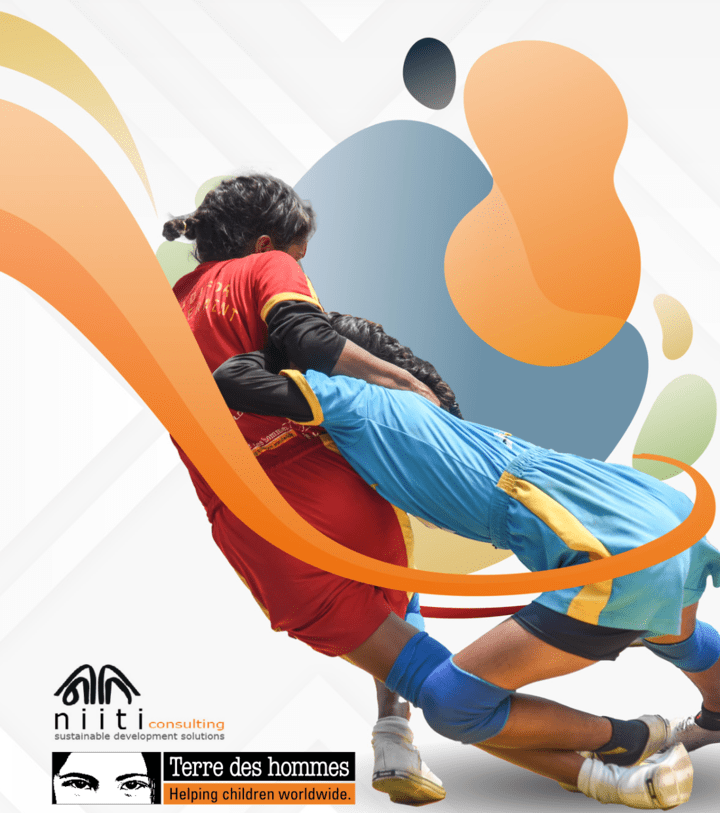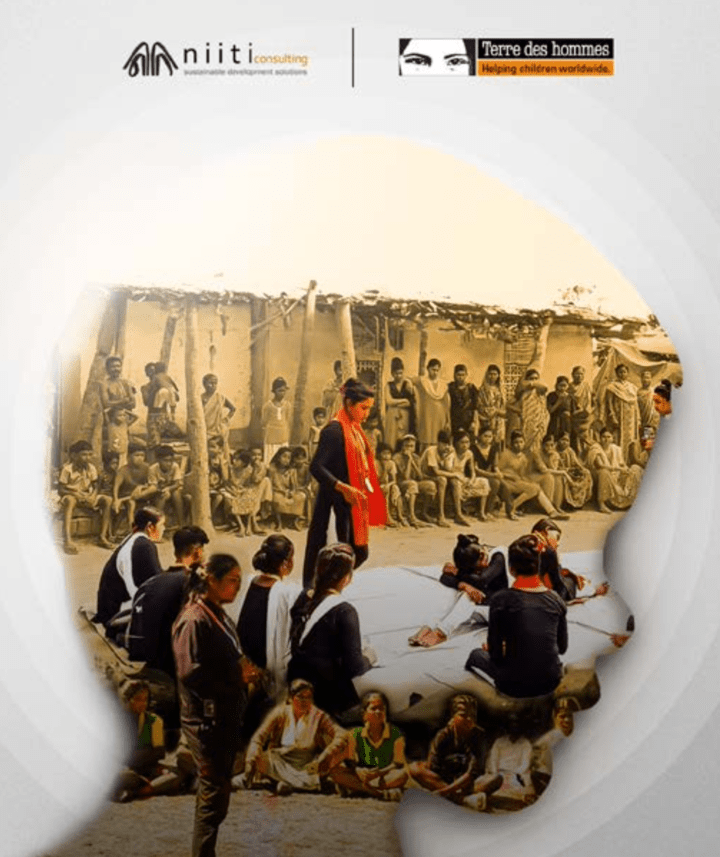Voices of Change
Blog Post 002
Introduction
In the Sundarbans region of India, where the challenges of migration, climate change, and gender inequality are a daily reality, innovative solutions are needed to empower communities and protect children. One such groundbreaking initiative is the Kabaddi for Empowerment program, developed by Terre des Hommes (Tdh) and implemented in partnership with the Praajak Development Society. This program uses Kabaddi, a traditional Indian sport, as a medium to build resilience, foster life skills, and strengthen family and community support for holistic child development.
While the sport itself is the program’s centerpiece, the real transformation lies in how it reshapes family dynamics and community engagement, ensuring children have a supportive environment to thrive. Tdh conducted an evaluation of the ‘Kabaddi for Empowerment’ program called the ‘Evaluation Report: Process evaluation of Kabaddi for Empowerment through Sports in West Bengal’, to take stock of the desired impact that we wanted to create. Basis the evaluation report, below, we explore how family support, bolstered through this initiative, has become a cornerstone of empowering children in some of India’s most vulnerable communities.
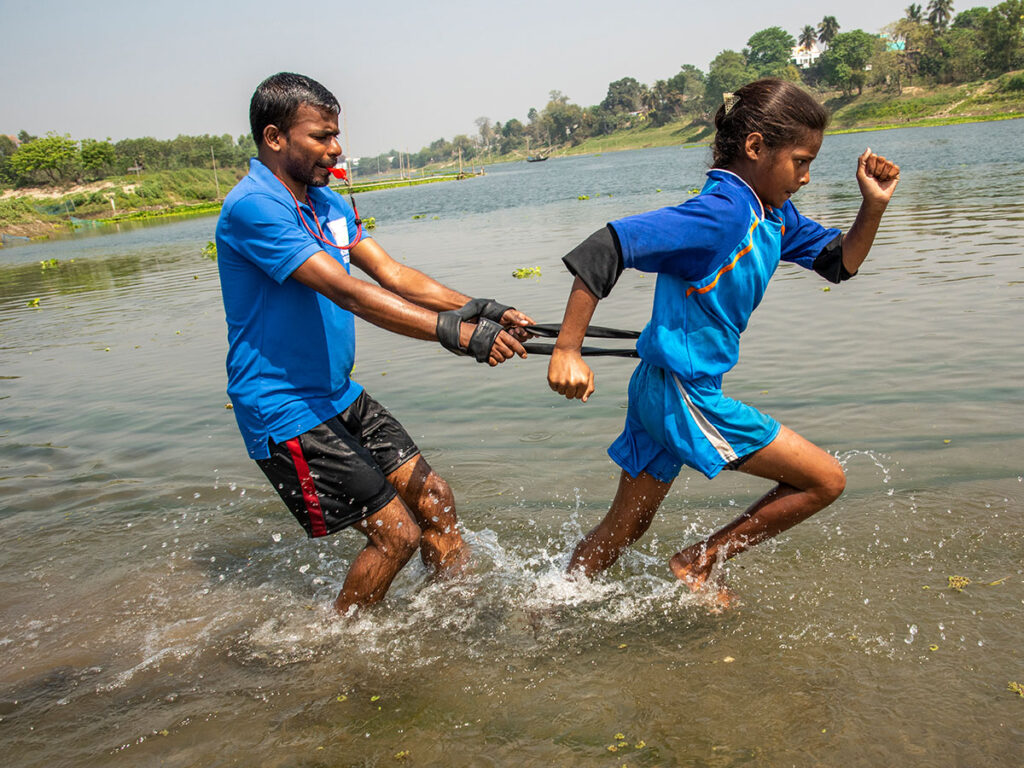
1. Families as Emotional Anchors Amid Challenges
In regions like the Sundarbans, migration has become a survival strategy for many households facing economic and climate-related adversities. However, this often leaves children separated from parents, living under the care of single parents or relatives. Such separations disrupt emotional stability and create vulnerabilities.
Through the Kabaddi for Empowerment program, families are encouraged to engage in their children’s development actively. Structured household dialogues introduced by the program help parents recognize their role as emotional anchors.
- Example: One household surveyed during the evaluation revealed that the absence of a father due to migration left the family strained. By participating in the program’s activities, the mother and children began to use regular family meetings to discuss challenges, creating a supportive and understanding environment that helped the children’s emotional well-being.
- Statistic: Approximately 64% of children surveyed reported having a support system within their families to turn to when feeling unsafe, underscoring the critical role of family as a safety net.
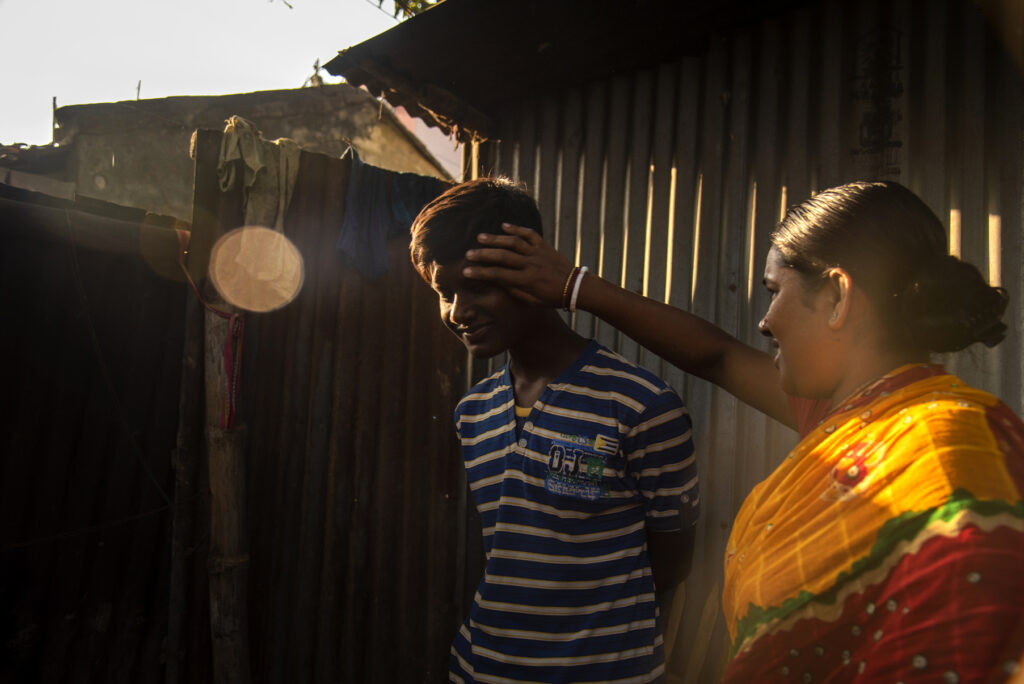
2. Families as Advocates for Gender Equality
In many rural Indian communities, deeply ingrained gender norms limit opportunities for girls. The Kabaddi for Empowerment program directly challenges these norms by introducing girls to high-contact sports traditionally reserved for boys. But the real shift happens at home, where families are encouraged to support their daughters in breaking these stereotypes.
- Example: A case study from the evaluation highlighted Tanima (name changed), a young girl who defied societal expectations with her family’s backing. Initially hesitant, her parents’ growing encouragement allowed her to participate in Kabaddi, transforming her confidence and earning her respect within the community.
- Insight: Parents who engaged in program-led discussions about gender equality began to see sports participation as a tool for their daughters’ empowerment, leading to broader community acceptance.
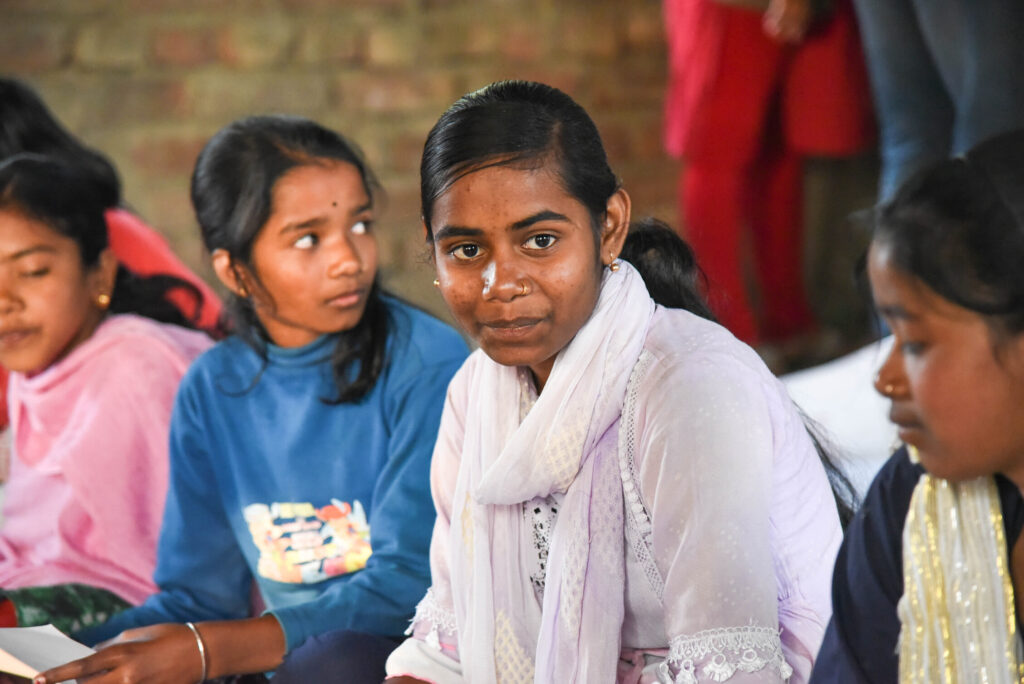
3. Nurturing Decision-Making and Life Skills
Empowering children often starts with including them in family decisions. Yet, the evaluation revealed that only 7% of households involved children in significant choices, such as migration. This exclusion can leave children feeling undervalued and disempowered.
The program’s workshops emphasized the importance of inclusive decision-making within families. By involving children in discussions, parents not only acknowledged their agency but also equipped them with critical thinking and problem-solving skills.
- Example: A young boy in Gosaba, whose father worked in a distant city, shared during a focus group discussion how his mother began consulting him on financial decisions after attending a program workshop. This newfound involvement boosted his confidence and prepared him to take on greater responsibilities.
- Takeaway: Families who embraced inclusive decision-making witnessed improvements in their children’s ability to handle challenges and make informed choices.
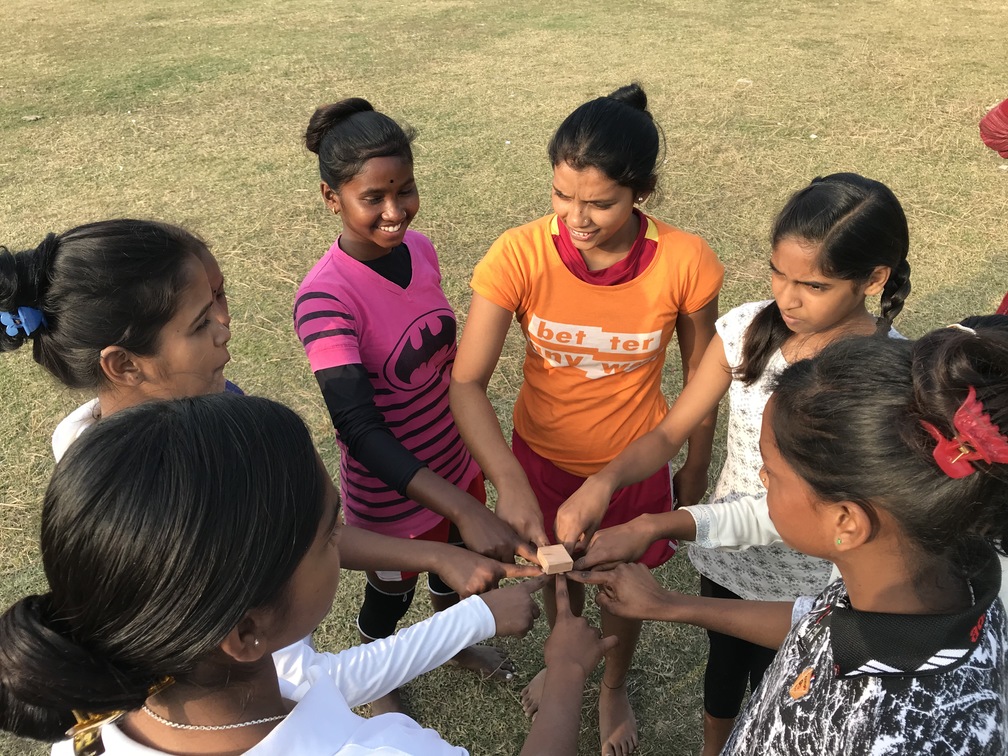
Achievements of the Kabaddi for Empowerment Program
Beyond transforming individual lives, the program has had a broader impact on communities. By promoting family and community engagement, it has:
- Reduced the stigma around girls’ participation in sports.
- Fostered dialogues that challenge harmful gender norms.
- Enhanced psychosocial resilience among children by ensuring a strong familial support system.
Conclusion: A Call to Action
The Kabaddi for Empowerment program’s success demonstrates that sports can be more than just a game—it can be a catalyst for family unity and child development. At its heart lies a simple truth: when families are empowered to support their children, those children gain the confidence to dream bigger, challenge societal norms, and achieve their potential.
As we strive for inclusive growth and equitable opportunities, the role of family cannot be overlooked. Let this initiative inspire us to create programs and policies that prioritize family involvement, ensuring that every child, regardless of their circumstances, has the foundation they need to thrive.
